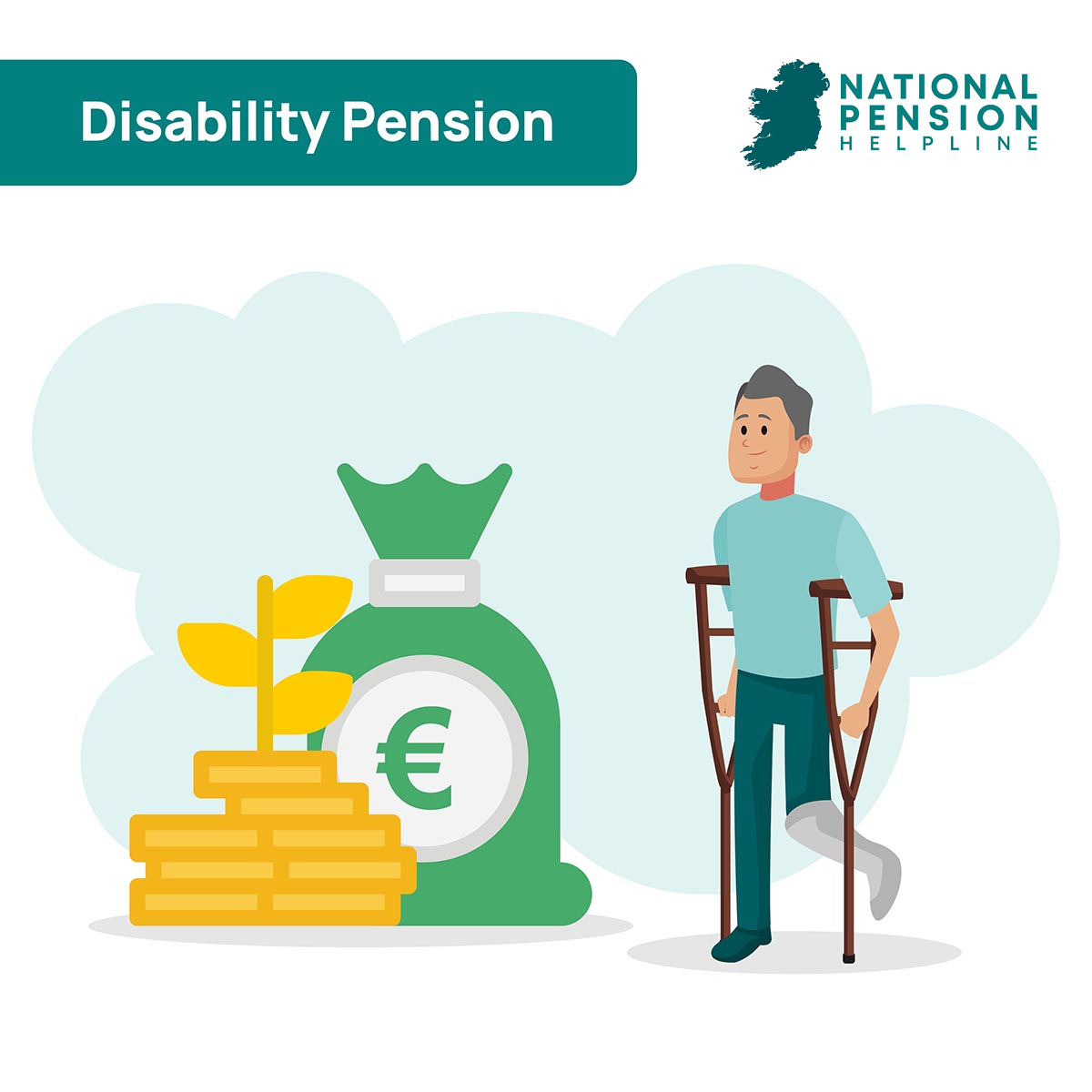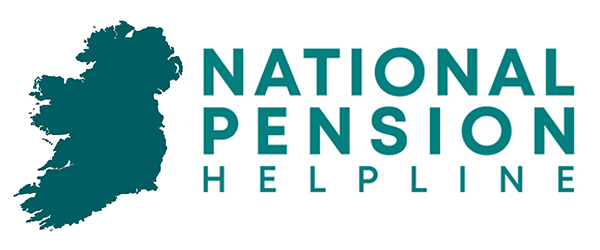What is a Disability/Invalidity Pension?
The Disability pension in Ireland is a payment that is made by the State to a person who is unable to work due to an illness or injury that permanently affects their performance in the workplace.
To qualify for it you must have been unable to work for at least 12 months immediately prior to making the application.
The reason for your incapacity to work should be illness or injury related. You must also have amassed the correct number of PRSI payments in the preceding years before your illness or injury.
This ensures the pension applies to workers who have been incapacitated rather than individuals who have never been able to work.
This group is covered by other State supports. So, for example, a young person who is never able to enter the workforce because of an illness or injury would not be covered by an invalidity pension.
You must have worked a minimum of five years and paid monthly PRSI payments to qualify.
Table of Contents
How much is the disability pension in Ireland?
Currently, the Disability Pension in Ireland is around €213.50 per week. There is an additional payment of around €152 for a dependent adult and an additional payment of between €40-€48 for each dependent child.
What happens to my invalidity pension when I turn 66?
At the age of 66 a person in receipt of an Invalidity Pension automatically transfers to the State pension. The State pension is higher in value than the Invalidity pension.
Invalidity pension is currently around €213 per week whereas the State pension is around €277.30 per week.
What are the benefits of an Invalidity pension?
Invalidity pension is seen as a payment to support a worker who is no longer able to support themselves having contributed to the workforce in the past.
It is not considered a benefit but a necessary financial support until they reach normal State pension age. It is paid on a weekly basis at around €277.30 per week with an additional payment for dependent adults and children.
For example, if a recipient of the Invalidity pension has a dependent spouse then they will receive an additional payment of around €152.50.
If they have children, then they will receive a weekly increase of around €40 per week for each child under the age of 12. For children over the age of 12 they will receive an additional payment of around €48.
Recipients of the Invalidity pension will receive a free travel pass and may be entitled to apply for the Household Benefits Package.
This is a scheme designed to assist certain classes of people to pay for the cost of running their home. It includes contributions towards the cost of gas and electricity as well as a television license.
In normal circumstances it is paid to households with people over the age of 70 but in certain circumstances people on invalidity pension may also apply for it.
At what age can I start accessing an Invalidity pension?
Qualifying for the Invalidity Pension is not necessarily related to age. To qualify you will have to have worked for a minimum of five years, making weekly or monthly PRSI deductions from your pay throughout this period.
Consequently, due to the rules around PRSI payments, the successful applicants for this scheme are already adults who have been incapacitated due to illness or injury.
They can be any age as long as the PRSI and medical requirements have been fulfilled.
Is Invalidity pension taxable?
Yes, Invalidity Pension is a taxable income and Revenue will be informed that you are in receipt of it. By definition, you are not entitled to work while you are in receipt of invalidity pension and if you wish to take up a training course or other bridge to the workplace you must declare this.
How do I qualify for an Invalidity pension?
To qualify for Invalidity Pension you need to have been already active in the workplace in Ireland before an illness or injury incapacitated you and made it impossible for you to work.
There are two sets of rules that you need to qualify for. The first is social insurance based and the second is medical.
What are the Social Insurance (PRSI) rules?
The PRSI rules are designed to ensure that you have been an active member of the workforce in advance of your application for invalidity pension. If not, there are other financial supports to assist you.
The threshold for qualifying for this pension is a minimum of 260 weeks of paid PRSI payments and 48 weeks of PRSI payments in the last or second-last years of work before incapacity.
You cannot use voluntary contributions to qualify and a deciding officer will be appointed to your case to review your application and make a decision.
What are the medical rules?
The medical conditions for Invalidity Pension are extremely wide so there is no definitive list of conditions.
The medical rules are that you must have been incapacitated due to illness or injury from working for the previous 12 months as well as an expectation that you will be unable to work for at least the next 12 months.
You may be in receipt of social welfare payments such as illness benefit or disability allowance during this time. An alternative qualifying rule is that you are judged to be permanently incapable of work due to an illness or injury.
Things to consider when applying for Invalidity Pension
Can I work on an Invalidity pension?
No, you cannot work in any capacity if you are in receipt of the full Invalidity Pension. It is a financial support explicitly designed to support those who are incapable of working due to illness or disability.
However, if your diagnosis changes and you wish to return to the workforce you may apply for a Partial Capacity Benefit. This will allow you to return to the workforce and also receive reduced financial support.
Can an individual pension be stopped?
Your pension can be stopped if you are judged to have changed circumstances such as a new medical diagnosis, a return to health or the capability to return to the workforce. Also if you are judged to be working then this will affect your pension.
Invalidity Pension rates
Maximum personal rate: €213.50
Increase for an adult dependant: €152.50
Increase for a child dependant:
Child under 12 years of age: €40 (full-rate) / €20 (half-rate)
Child aged 12 and over: €48 (full-rate) / €24 (half-rate)
You may get an increase in your payment for an adult dependant, but it will depend on their income.
You may get an increase in your payment for a child dependant. You will not get an increase in your payment for child dependant if your spouse, civil partner or cohabitant has an income of over €400 a week. You will get a half-rate increase for a child if your spouse, civil partner or cohabitant earns between €310 and €400 a week. This only applies to claims made after 5 July 2012.
Invalidity Pension Application
You apply for an invalidity pension through your local INTREO or social welfare office. They will have the forms you require to begin your application. If you are unable to attend the office due to illness a person can begin the process on your behalf.
What is Supplementary Welfare Allowance?
While you are waiting for an application for Invalidity Pension to be processed you can apply for the Supplementary Welfare Allowance which is a means-tested support that examines your sources of income to determine eligibility.
Conclusion
If you have questions around Invalidity Pension and whether you may qualify to receive it you can access independent advice from a specialist pension advisor. Contact an expert today by clicking here.


